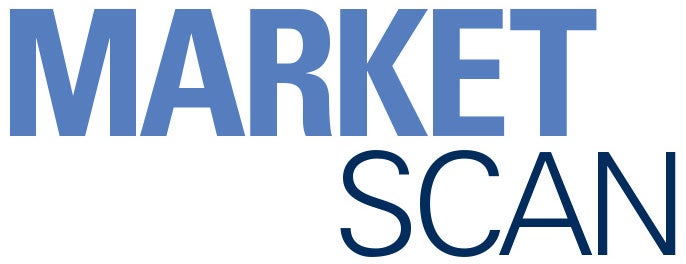

Measuring the Opportunity and Impact of AI

What’s New?
Amazon Web Services is working with Beth Israel Deaconess Medical Center to test ways that artificial intelligence can simplify medical care. Bloomberg reports that Amazon recently gave the Harvard Medical School teaching hospital a grant of up to $2 million to experiment with machine learning and AI. One of its first projects will explore how to make daily tasks like patient scheduling more cost-effective.
Beth Israel Deaconess began purchasing Amazon’s cloud services in 2016 as a way to ensure that the hospital’s data would be accessible if a disaster were to knock out its off-site backup servers. From there, the provider began looking for ways to automate cumbersome manual tasks. John Halamka, M.D., executive director of the Health Technology Exploration Center at Beth Israel Lahey Health, told Bloomberg that Amazon’s cloud-based tools now help the organization book operating times more efficiently and predict when patients are likely to miss appointments with its most in-demand specialists. These types of administrative and operations use cases are the first choice for AI among 43 percent of respondents to a 2018 Optum health care AI survey.
What’s Going On?
This project is the latest move by large tech companies like Amazon, Google, Apple and others to expand into the health care market. Amazon’s investment is significant not because of the size of the grant but because it signals Amazon is taking a broader view of applying technology to improve care and operations and trying to document increased value in terms of better performance, outcomes and patient experience.
This is no small issue given the attention surrounding AI and its practical value in health care. A plethora of AI pilot programs and research projects are underway, exploring applications ranging from clinical documentation and coding to early disease identification and population-health analysis.
Having well-researched, documented outcomes on the value of AI could be critical to the technology’s adoption rate going forward. And the potential economic value of AI in health care and the broader economy nationally and globally is staggering. A recent PwC study found that AI could contribute up to $15.7 trillion to the global economy by 2030 and trigger a potential 14 percent boost to the U.S. economy, with one of the largest sector gains expected to come in health care.
But as Optum’s survey on AI in health care report found, progress across the field among providers, benefits leaders, life sciences organizations and health plans in implementing AI remains uneven. For instance, 75 percent of overall respondents said AI is already in place or being implemented in their organizations. However, among care providers, 47 percent report being at the preliminary phase of testing and limited deployment. In contrast, 90 percent of health plan respondents report being in the early, middle or late stages of deployment. And health benefits leaders are the furthest along, the survey data found, with 22 percent reporting they are at nearly full deployment of AI.
AI’s Greatest Ptential in Health Care
PwC recently produced a unique analysis to examine AI’s impact across various fields in freeing up time, enhancing quality and personalization. Scores are based on PwC’s AI impact index evaluation. Potential scores range from 1 to 5, with 5 indicating the highest potential impact due to AI, and 1 being the lowest. Here are results from the evaluation:
- Health care 3.7
- Automotive 3.7
- Financial services 3.3
- Transportation and logistics 3.2
- Technology, communication and entertainment 3.1
- Retail 3.0
- Energy 2.2
- Manufacturing 2.2



